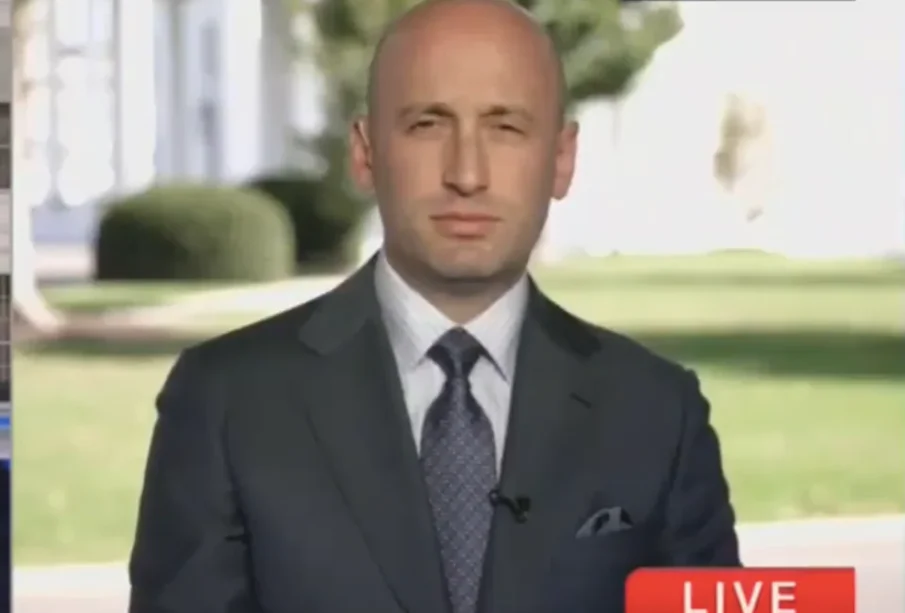The Concept of Plenary Authority and Its Significance

Introduction to Plenary Authority
Plenary authority is a critical concept in governance, denoting a complete and absolute power vested in a governing body or individual. This authority is essential for making decisions that affect a wide range of issues within an organisation or a government, ensuring that processes can be streamlined and efficient. Understanding plenary authority is particularly relevant in current political contexts where decision-making powers can often be contested.
The Role of Plenary Authority in Governance
In various forms of government, plenary authority can be observed in executive, legislative, and judicial branches. For instance, the executive branch may exercise plenary authority through the issuance of executive orders, allowing leaders such as presidents or prime ministers to implement policies swiftly without waiting for legislative approval. In legislative contexts, a plenary session may refer to meetings where all members are present, allowing comprehensive discussions and decisions on proposed laws.
Recent events illustrate the power dynamics associated with plenary authority. In the United States, for example, debates around the use of emergency powers during crises have brought attention to the extent of authority held by the president. Conversely, in parliamentary systems, the prime minister may exert plenary authority to enact legislation under tight timelines, particularly during times of national emergency.
Current Events and Controversies
The relevance of plenary authority has surged in light of recent global events. As nations grapple with issues such as climate change, public health crises, and economic instability, the demand for decisive leadership has intensified. Governments are faced with the challenge of balancing plenary powers with constitutional limitations and the necessity for transparency and accountability.
For instance, the response to the COVID-19 pandemic highlighted the extent of executive powers, as many governments expanded their authority to enforce health measures and allocate resources. However, this raised concerns among citizens and advocacy groups regarding potential overreach and the infringement on civil liberties.
Conclusion
In conclusion, plenary authority is an essential aspect of governance that facilitates decisive action in critical situations. As contemporary challenges continue to unfold, the discussion around the limits and responsibilities associated with plenary authority will remain significant. Readers should stay informed about how plenary authority is exercised in their governments, as it directly affects their rights and the functioning of democratic processes.









